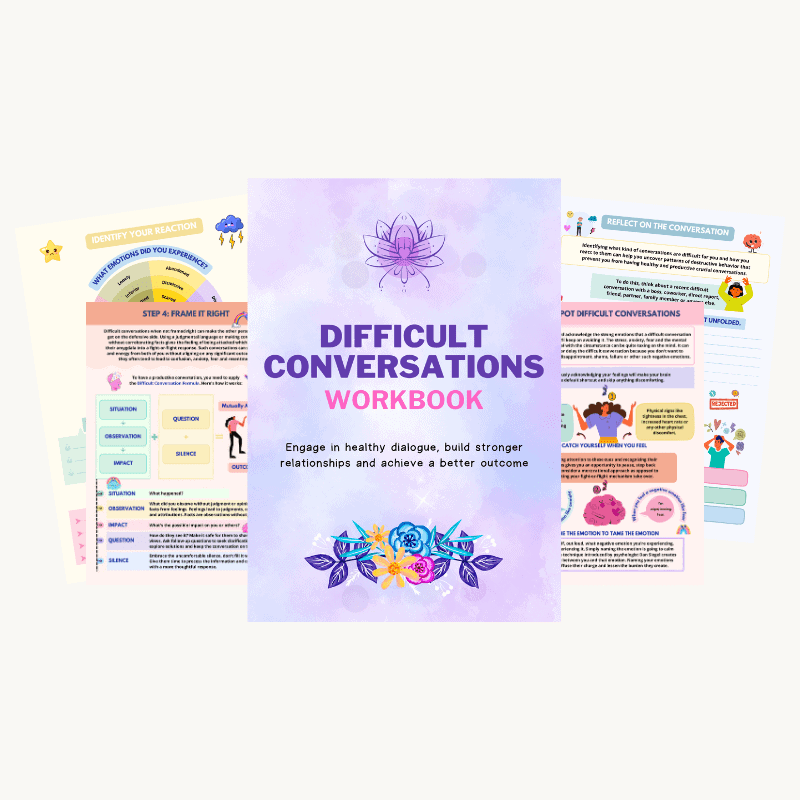Bridge the Confidence Gap: How to Build Confidence That Lasts
When you fall for your mind’s thinking traps, you may assume it’s lack of competence that stops you from going after the things you want. But it’s not competence that’s holding you back, it’s your lack of confidence. When you lose sight of belief in yourself, no amount of competence can make you successful. Competence gives you the skills, confidence underpins your ability to actually get things done.







































































